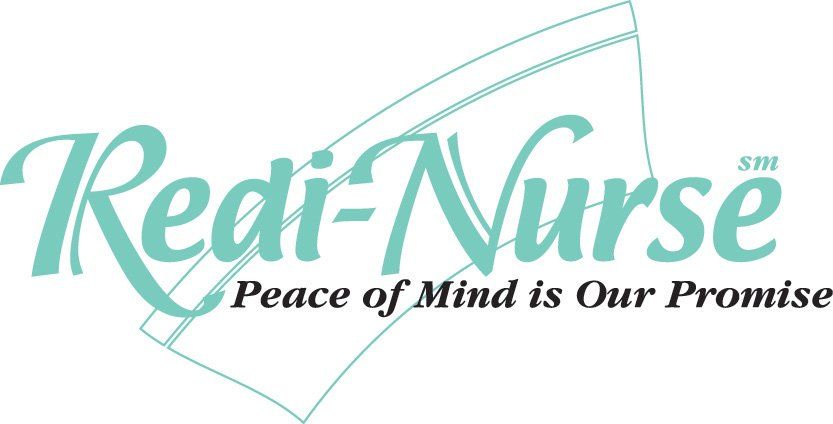Incontinence is quite common among the elderly. In fact, more than half of all seniors struggle with this condition. Whether it results from nerve damage or being overweight, incontinence can be an embarrassing condition to live with. If your elderly parent has incontinence, he or she may feel too ashamed to leave the house and be social with others.
Here are seven useful tips for helping an
elderly parent
with incontinence.
1. Set Up a Bathroom Schedule
If your parent struggles with incontinence, consider setting up a bathroom schedule for him or her. Begin by keeping a journal of when your parent typically has to go to the bathroom every day. When you find out what times your parent has to use the toilet, you can set a schedule so that he or she goes before it is too late.
For example, if your parent usually has to use the bathroom at 10 a.m. every day, have him or her head to the bathroom at least 10 minutes beforehand.
2. Consider Purchasing Adult Diapers
If your parent has limited mobility, he or she may have trouble getting to the bathroom all the time. This is when adult diapers come in handy. Before you go shopping for adult diapers, take your parent's hip and waist measurements to ensure you pick the right-sized diaper.
It is also important to consider absorbency when looking at adult diapers. If your parent, for example, empties his or her bladder in large amounts, buy a super absorbent brief.
3. Look Out for Triggers
Certain triggers might make your parent's urinary incontinence worse. For instance, soda should be cut out because it contains carbonation and caffeine, which can make incontinence worse. Have your parent stick to drinking water.
4. Make It Easier to Get to the Bathroom
To minimize accidents, you should make it as simple as possible for your parent to get to the bathroom. At home, remove clutter from the pathway to the bathroom so that your parent can get to the bathroom quickly without falling. Also, think about installing grab bars in the bathroom to make it easier for your parent to get on the toilet.
5. Discourage Smoking
If your parent is a smoker, you should try to persuade him or her to quit the habit. Smoking can cause coughing, which puts pressure on the bladder. Quitting smoking can improve your parent's incontinence issues and reduce his or her risk of various other health conditions.
6. Keep Your Parent Hydrated
If your parent is incontinent, you may think it is best for him or her to drink less fluids. However, this can actually worsen the problem. If your parent is dehydrated from not drinking enough water, his or her urine may become more concentrated, irritating the bladder. Have your parent drink a glass of water whenever he or she feels thirsty.
7. Encourage Kegel Exercises
No matter what has caused your parent's urinary incontinence, kegel exercises may help control the issue. Have your parent squeeze his or her pelvic floor muscles for 10 seconds and then rest for 10 seconds. Instruct him or her to do three or four sets of 10 contractions each day. Your parent can do these exercises just about anywhere, including in the car or at his or her desk.
Dealing with urinary incontinence can be difficult at times, but it does not have to take over your parent's life. If you help your parent make some lifestyle changes, he or she may improve his or her condition. If you want to learn more information about urinary incontinence, contact A Visiting Redi-Nurse.






